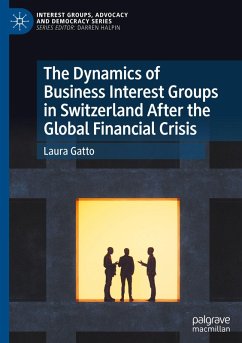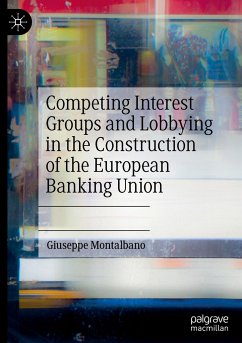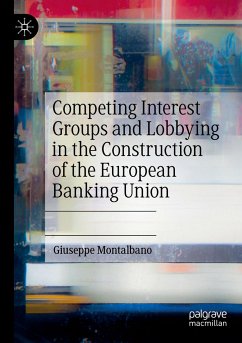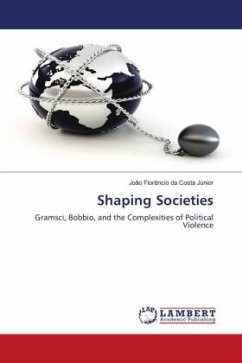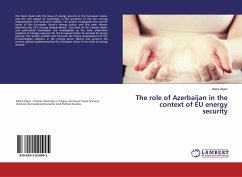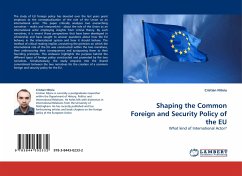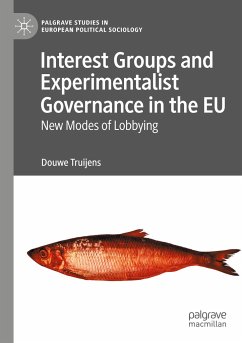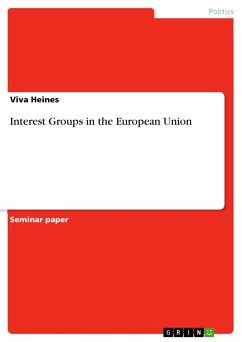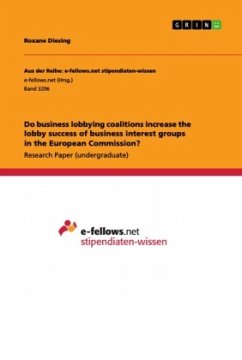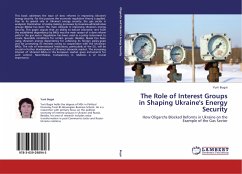
The Role of Interest Groups in Shaping Ukraine's Energy Security
How Oligarchs Blocked Reforms in Ukraine on the Example of the Gas Sector
Versandkostenfrei!
Versandfertig in 6-10 Tagen
39,99 €
inkl. MwSt.

PAYBACK Punkte
20 °P sammeln!
This book addresses the issue of slow reforms in improving Ukraine's energy security. For this purpose the economic regulation theory is applied. Due to its special role in Ukraine's energy security, the gas sector is analyzed. Domination of policy-making processes by business-administrative groups (BAGs) has been the main obstacle in improving Ukraine's energy security. This paper argues that an ability to extract economic rent from the established dependency by BAGs was the main reason of a slow reform path in the gas sector. Regulation has been used as a policy instrument to create favorabl...
This book addresses the issue of slow reforms in improving Ukraine's energy security. For this purpose the economic regulation theory is applied. Due to its special role in Ukraine's energy security, the gas sector is analyzed. Domination of policy-making processes by business-administrative groups (BAGs) has been the main obstacle in improving Ukraine's energy security. This paper argues that an ability to extract economic rent from the established dependency by BAGs was the main reason of a slow reform path in the gas sector. Regulation has been used as a policy instrument to create favorable conditions for certain groups. Besides, Russia has been using Ukraine's energy dependency for achieving its foreign policy goals and for promoting its interests owing to cooperation with the Ukrainian BAGs. The role of international institutions, particularly of the EU, will be crucial in further development of Ukraine's domestic market. The increasing interest of Ukraine's BAGs in the European market gives instruments for such control. Nevertheless, transparency in relations is of crucial importance.



